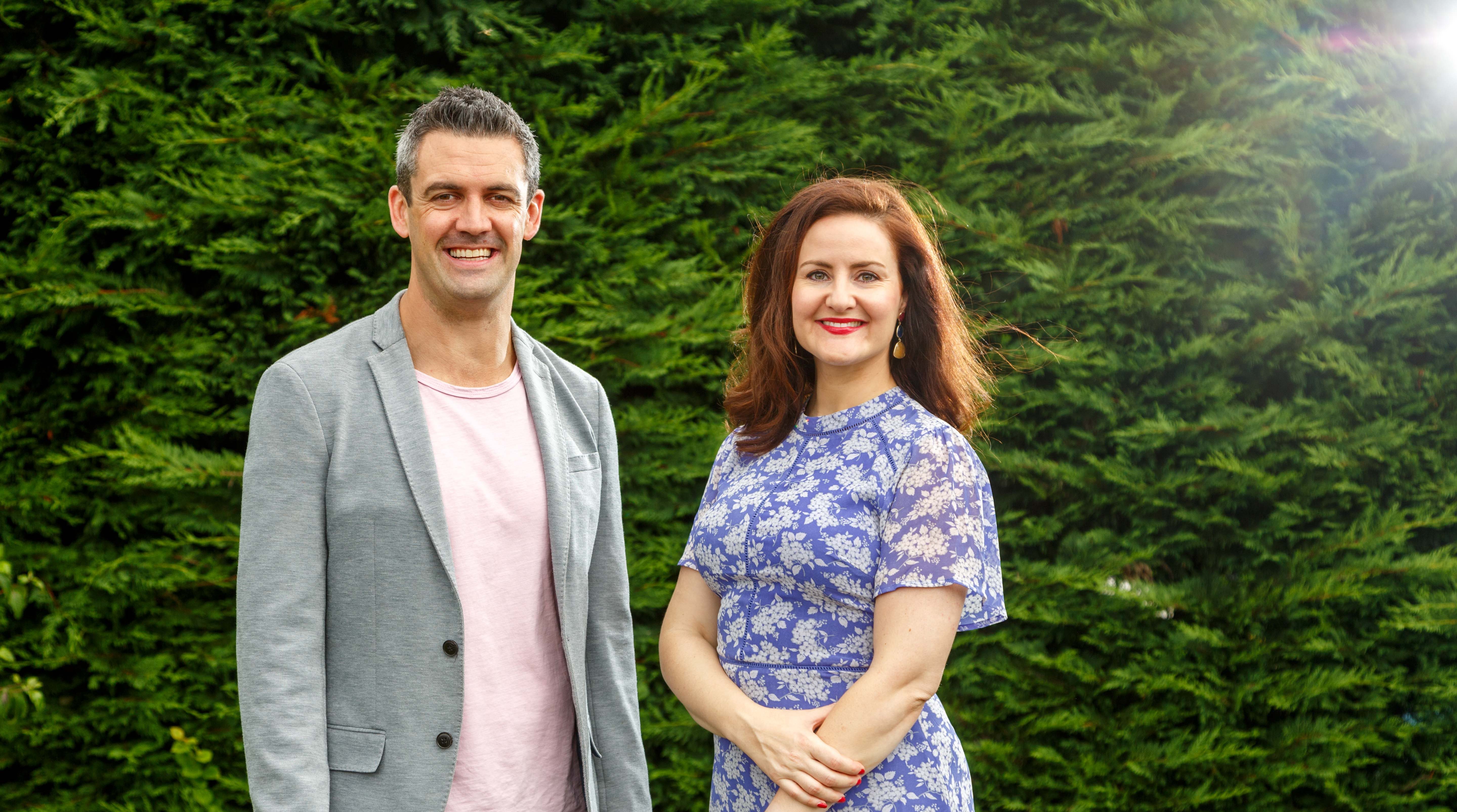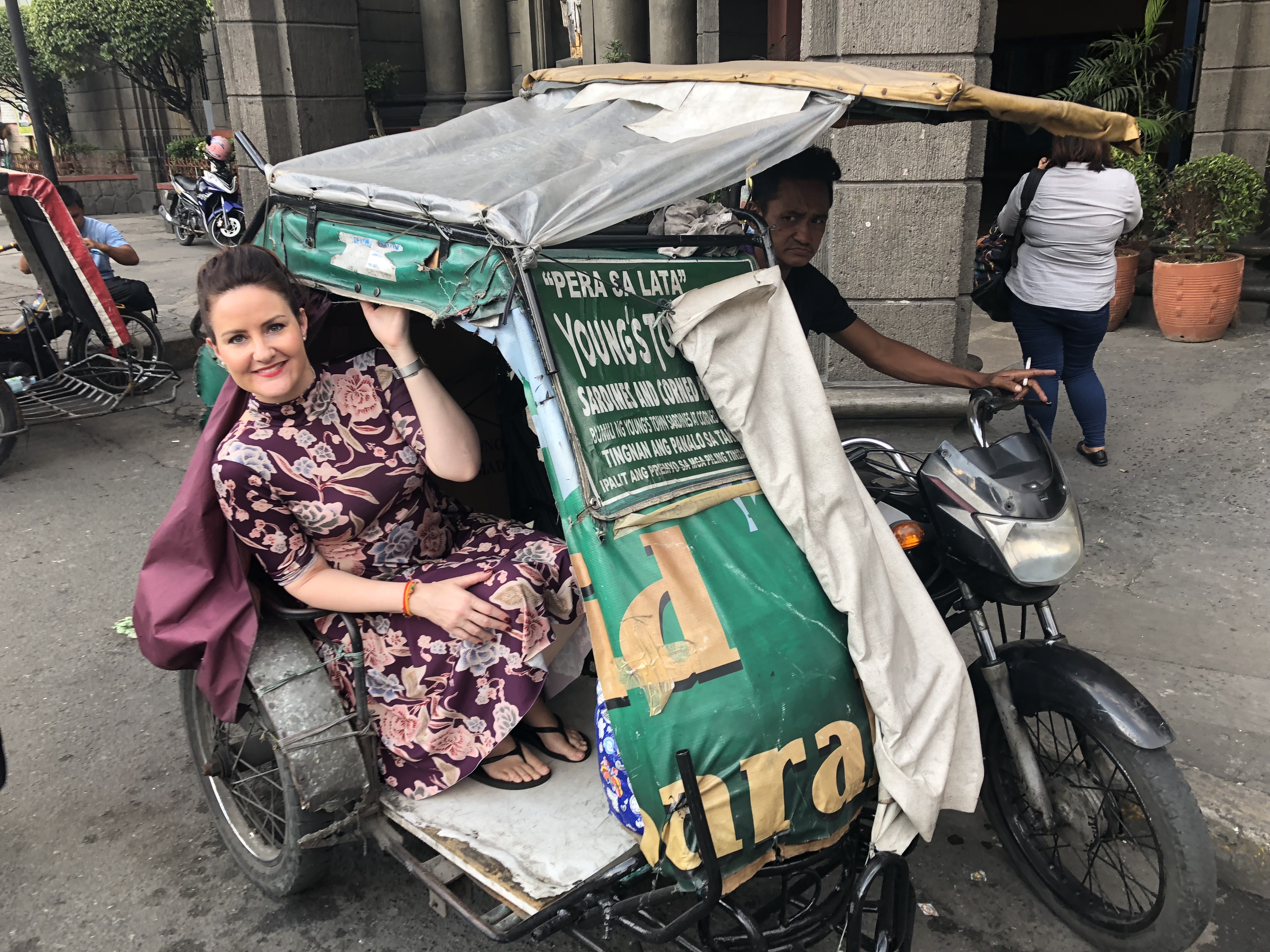Startup Alley Spotlight: How can tourism companies be more culture-cautious?
John and Dee Lee aim to help travellers from all over the world to be more culture cautious through their travel app CultureMee.
John and his co-founder and wife Dee are members of the Dublin Travel Massive. They took part in London Travel Massive’s WTM Opening Night Mixer last November and introduced their startup to more than 350 community members who joined the event.
In the previous interview with John and Dee we learned how they got into the travel industry. In this Startup Alley Q&A, we look at the ways to help other travel companies be more aware and respectful to local cultures.
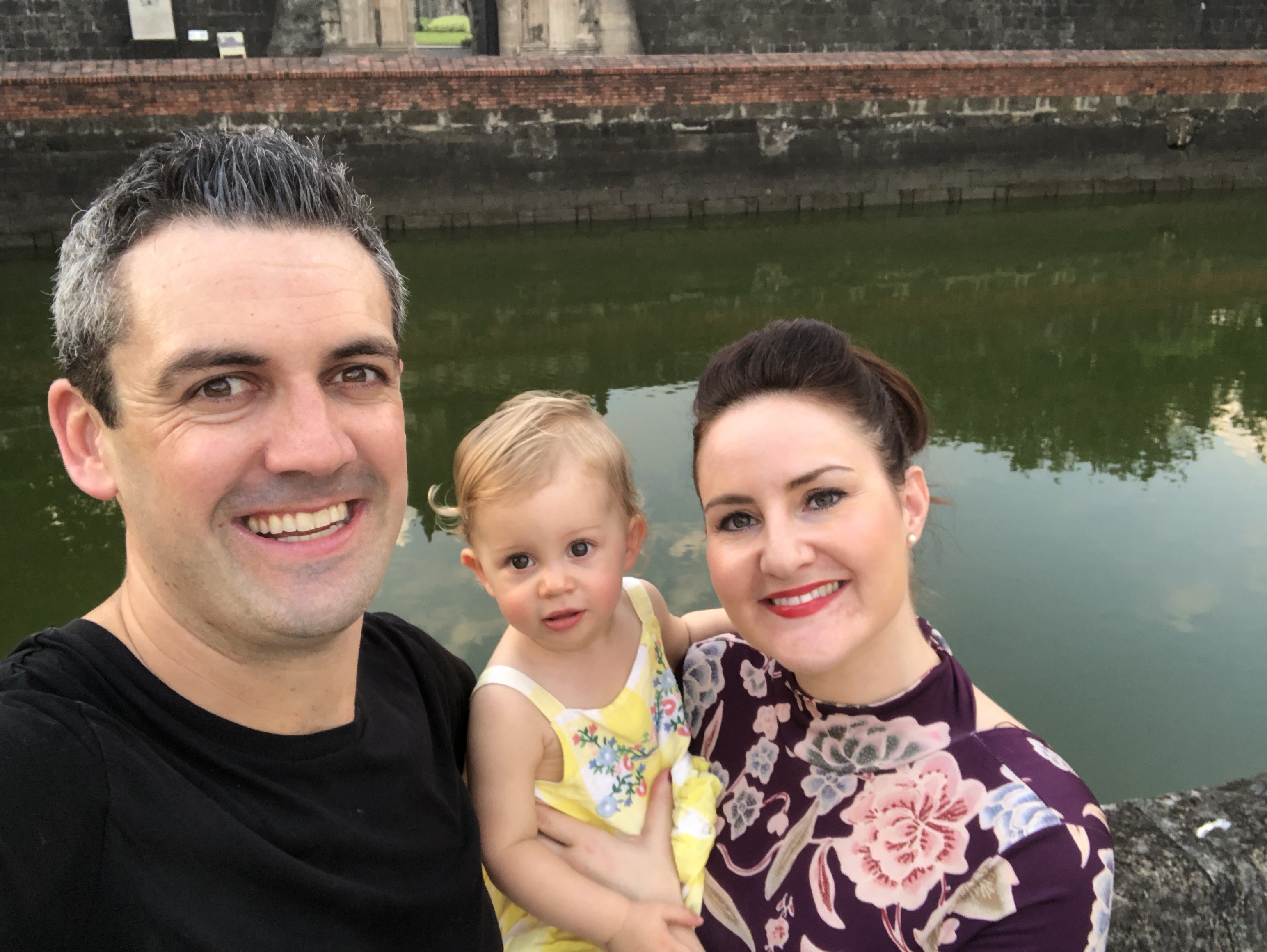
CultureMee helps travellers overcome culture shock. How did you come up with the idea?
It all started with a plug. We were on a trip to Africa in 2015 where we visited 5 different countries, and when we got to Zanzibar, Dee got so frustrated when the plug there was different to the one on mainland Tanzania. She had done loads of research in advance of the trip, but simple info like this was nowhere to be found.
We then brainstormed that night, and it was clear that there was nothing out there to help you understand the local culture.
You have a map to get to your destination, but what do you have to understand the local people, their do’s and don’ts, what to say or what not to say, etc. Ever since then, we have stayed true to that vision we created that night in Zanzibar.
What mistakes do tourism companies make in terms of the local culture?
The first mistake that people can often make is to think culture is just about cultural events or places. They’re definitely important, but even more important are the people. It’s a huge motivation for many travellers, be they leisure or business travellers. Especially when you talk about the trend towards experiences, where people are at the very heart of bringing those experiences to life.
And yet in much of the marketing and branding, many tourism companies neglect the opportunity to have people front and centre of their marketing campaigns.
They might show some nice places, or even a few faces, but rarely unwrap the magic of the local people. And by that I mean focusing on the little cultural quirks and behavioural nuances that make us all unique.
Give us a few examples of cultural quirks many people don’t know about.
For example, in Amsterdam, people often think of the red light district or the coffee shops, but how many people are aware that some of the happiest mothers and kids in the world reside in the Netherlands? You also see this in how we communicate, take Italy where Paul Carvel said “Sign language is useful to the deaf but vital to the Italians” which shows how the Italians use so many gestures and emotions when talking. An Italian once told us “If you tie my hands behind my back, I can’t talk!”.
On the opposite end of the scale are Finnish people, where a local saying says “An introverted Finn looks at his shoes when talking to you; an extroverted Finn looks at your shoes”. Some people might prefer the Finnish culture, which is less communicative or talkative, and some other people might prefer the more energetic Italian style, yet how many tourism campaigns even begin to explore these differences?
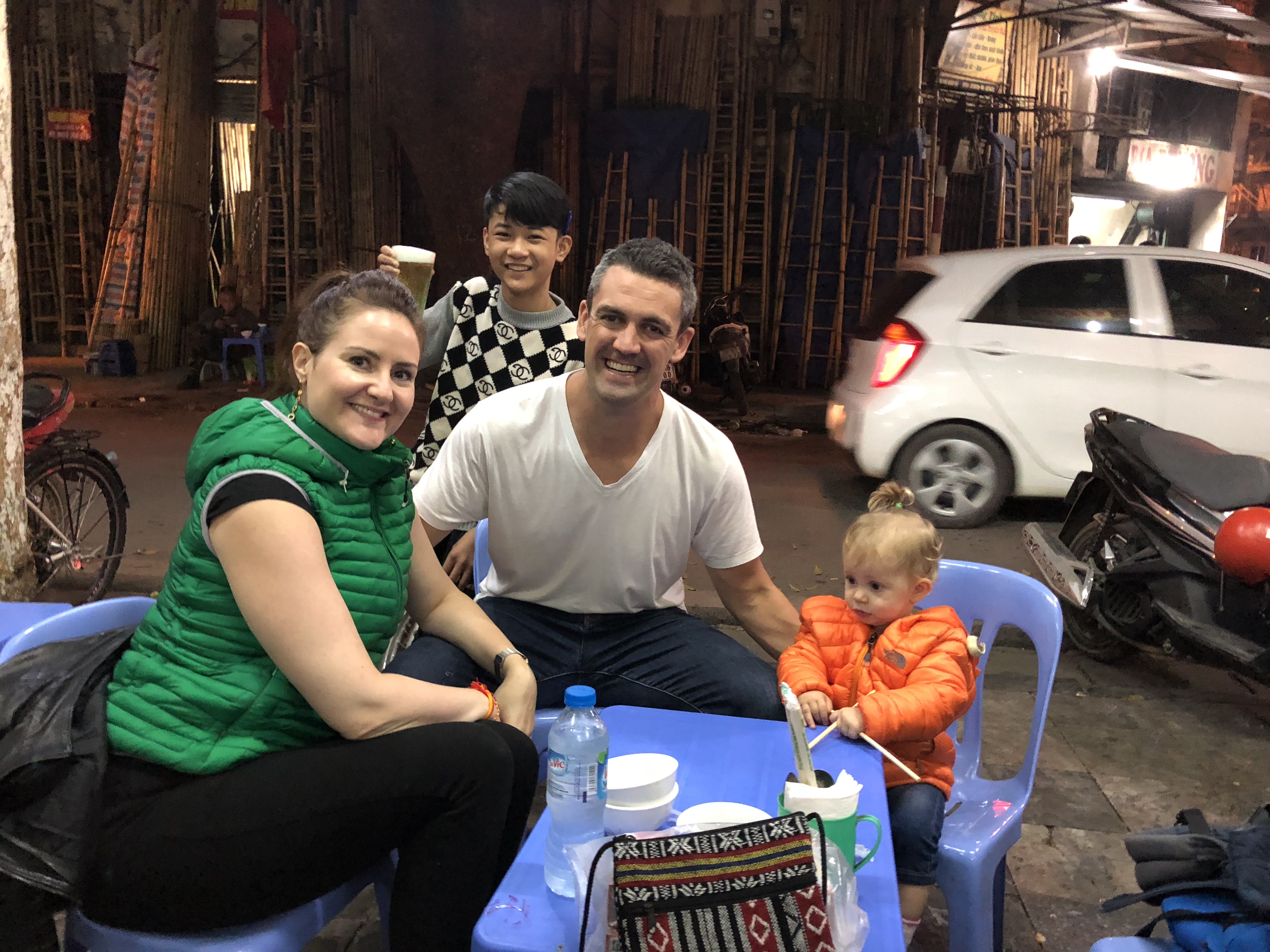
There are so many gems we have seen. One we encountered in Bulgaria recently, even though we knew about it beforehand, was when we left our hotel in Sofia, we had ordered a taxi with the receptionist. A taxi then arrived, and we asked the receptionist is that our taxi. She shook her head from side to side. A minute later, she was still standing there, and I asked her, when will the taxi arrive? She shook her head from side to side saying “yes, I just told you this is your taxi, you can get in”. Of course, it was then that I realised that shaking your head from side to side means “yes” in Bulgaria.
You might have also heard of the Indian nod, which is a figure of 8, and can often mean “yes”, “no” or “maybe”, which can be a challenge in itself. Malaysia was an interesting experience for me, as being Irish I enjoy giving a warm welcome to people I meet by shaking their hands, however in Malaysia you cannot shake hands with a woman if you are a man. One quirky one we never knew was how in Tajikistan, unibrows are considered attractive.
How can companies be more culture-cautious?
The first question to ask is how well do you know your customers? We all spend lots of time trying to meet our customers, understanding their needs, and understanding their personalities. But how many companies really make the effort to really understand their customer’s culture?
It is no use spending huge portions of your marketing budget on understanding your customers’ personalities if you throw it all away by neglecting their cultural preferences.
To give just one example, you can spend 3 months building a strong personal relationship with someone from Japan, but if when you arrive, you just throw your business card across the table (like many Western countries would do), then you have just seriously disrespected your Japanese counterpart and probably ruined a crucial opportunity to close a business deal.
As for what companies can do to be more culture-cautious, the first step is to train your employees to be more aware of their own culture and their customer’s culture. For a deep dive on culture training, there are many culture training organisations globally that do this (we recommend our business partners Hofstede Insights who have over 100+ trainers in 40 countries). For a user-friendly intro to culture, they can also download our free CultureMee app (on iOS and Google Play).
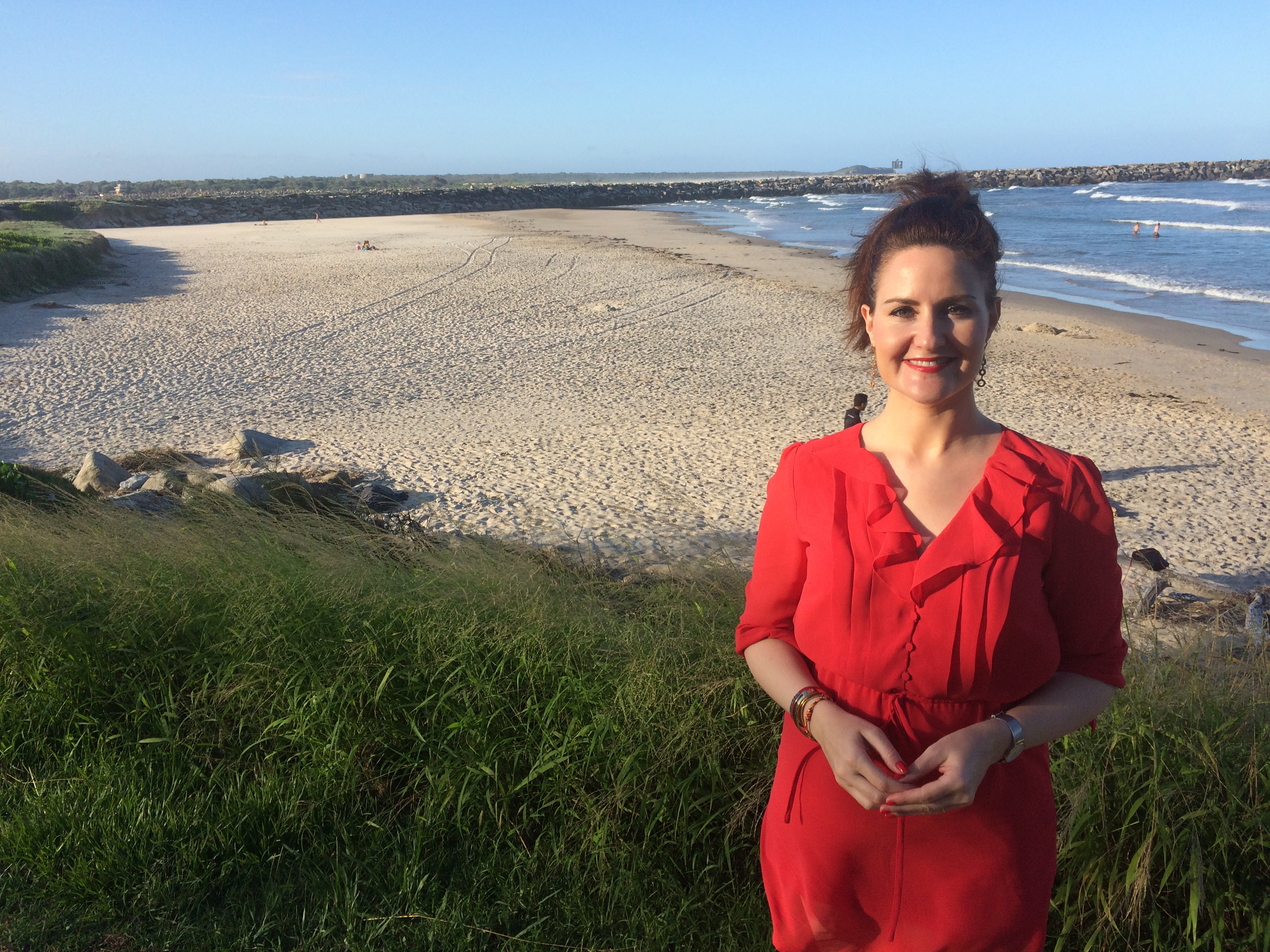
A very practical step is to start with the top 10 countries that visit your destination, and take the top 10 countries that are in your team, and explore where the friction points are between these different cultures (we can recommend lots of tools for this).
You may find for example that a fair percentage of customer complaints are culturally driven, as opposed to driven by the company culture or individual employees.
These are the kind of insights that companies can unlock to transform how they deal with customers from other cultures. There are many more opportunities to be culture-cautious, for example in branding and marketing, but the examples above give you a taste of the opportunity around culture.
What’s next for CultureMee in 2019?
Our main focus for 2019 is two fold; number one, to develop partnerships with travel management companies to help bring our content to a wider audience. And number two, bring on board culture ambassadors for our first 10 countries to help share the beauty of culture with the world.
For the partnerships with travel management companies, we’re already doing a pilot with Gray Dawes Group in the UK to license our content to the business travel market. A number of global travel management companies have also been in touch expressing an interest in doing likewise. This will help us amplify the traction we have already gained, and will help fund our content growth.
For culture ambassadors, we are actively looking to bring people on board to help co-create inspiring video content about their local culture. They will do the filming on their smartphone and we will take care of all the video production and will share on all our social media. We will also shortly be announcing a partnership with a global Tours & Activity company in Asia/Africa, which is another exciting step for us.
Lastly, mid 2019 we will be raising our seed round of investment, so if there are any investors who are excited about this space, we would love to talk to them.
Thank you, John and Dee, for the insightful interview!
Follow John and Dee Lee on Travel Massive to connect with them and learn more about the future of CultureMee.
👋 This article is archived. Take a look at our new website.
